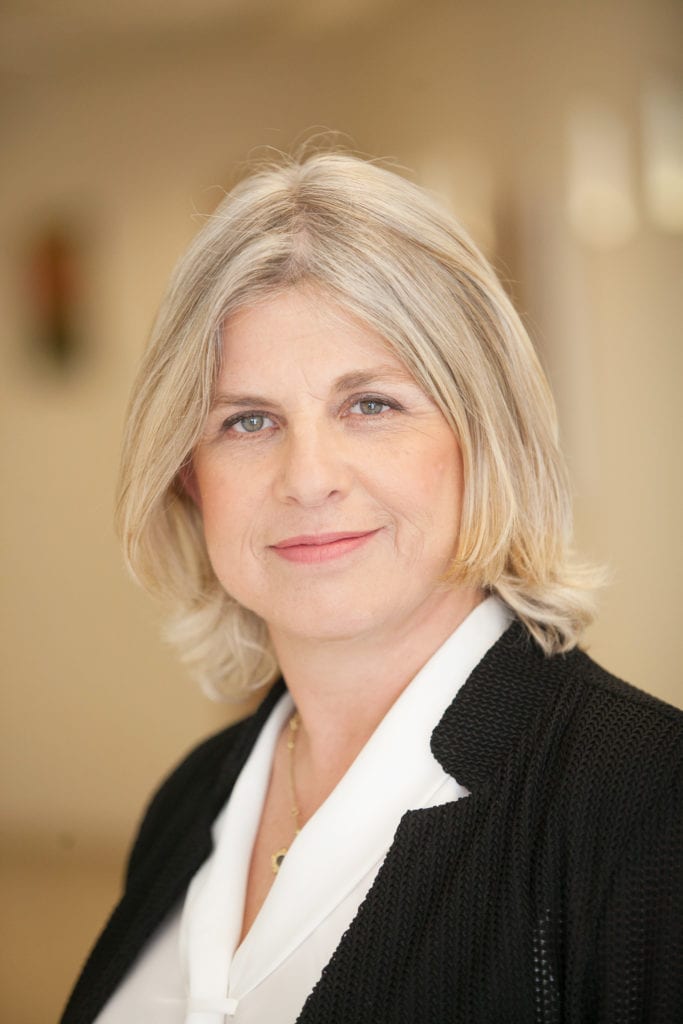For many decades, antibiotics were recognized as “miracle drugs” that could overcome most bacterial infections that had previously killed innumerable people around the world whose immune systems were unable to overcome them naturally.
Although ancient Egyptians noticed that moldy bread (which turned thousands of years to be the basis for penicillin) – when placed on infected wounds – could heal them, it wasn’t until 1929 that the first commercialized antibiotic was produced by bacteriology Prof. Alexander Fleming of London. Pharmaceutical companies were very interested in this discovery and started making penicillin, especially for treating wounded soldiers during World War II and others suffering from pneumonia. By the mid- to late 1940s, it became widely accessible for the general public in the West.
But it didn’t take long that penicillin resistance appeared – in 1947 just four years after it was first mass produced. Since then, and especially in recent decades, one antibiotic became less effective and was replaced by another in an unending chain. The resistance developed because antibiotics were prescribed to patients who didn’t need it because they suffered from a viral infection not overcome by antibiotics or because they didn’t take a full course of the drugs, giving them up when they felt better but before all the bacteria were killed.
Drug companies have been reluctant to develop, test and get approval for new antibiotics at the cost of billions of dollars because they are not very profitable, partly because they gradually become ineffective and because drugs for chronic illnesses make more money.
But now, innovative technology developed by researchers at the Technion-Israel Institute of Technion in Haifa and the Kahn-Sagol-Maccabi Research and Innovation Institute at Maccabi Healthcare Services (KSM) is expected to improve and make more efficient the giving of antibiotic treatments. It will also hinder the development of resistant bacteria.
Due to resistance, infections that are now considered mild and not dangerous will become treatment resistant and deadly. One of the factors that speeds up the evolution of antibiotic resistance is the widespread use of broad-range antibiotics designed to kill a wide spectrum of bacteria. Reducing this dangerous trend can potentially be achieved by prescribing antibiotics specifically aimed at the infection causing bacteria for each particular patient.

The technology, which has just been presented in a study published in the prestigious journal Nature Medicine, was made possible by a unique

collaboration between the KSM Institute headed by Prof. Varda Shalev, and Technion researchers Professor Roy Kishony and Dr. Idan Yelin.
Kishony, one of the leading experts in the field of antibiotic resistance, developed methods for genetic mapping of bacterial resistance to antibiotics. These techniques make it possible to predict the resistance of a given bacterium to various antibiotics in the present and, even to the level of resistance that bacteria may develop in the future. The current study focused on a specific type of infection – in the urinary tract – which affects more than half of women at some time during their lives. These infections involve various bacteria, including Klebsiella pneumoniae, E. coli and Proteus mirabilis.
In the joint study conducted by Technion and KSM researchers, a system was developed to help the doctor choose the optimal antibiotic for treating urinary tract infections. The researchers found that antibiotic resistance levels were different for each patient, and that a certain antibiotic will be effective in one patient and not in another.
The reasons for this are related to each patient’s personal characteristics and medical history.

“It is now possible to computationally predict the level of bacterial resistance for infection causing bacteria,” said Yelin. “This is done by weighting of demographic data, including age, gender, pregnancy or retirement home residence, together with levels of resistance measured in the patient’s previous urine cultures as well as their drug purchase history.”
The study is a significant step in the innovative field of medical studies based on machine learning and Big Data, said Kishony.
“The collaboration between Maccabi and the Technion – one of the most innovative research institutes in the world – and the combination of deep understanding of medicine, Big Data and innovative research methods has enabled a real breakthrough in the field of antibiotic resistance,” added Shalev. “We look forward to continued fruitful cooperation with the Technion and Prof. Kishony.”
The study analyzed more than five million cases of antibiotic purchases made over 10 years and measurements of antibiotic resistance in more than 700,000 urine cultures. A sophisticated algorithm was able to find a clear link among the various data and thus predict the level of antibiotic resistance for each infection and provide a recommendation for the best type of antibiotics. The researchers found that the use of the technology could reduce the likelihood of choosing the wrong medication by about 40%. Therefore, they estimate that this system will contribute greatly to the global effort to delay the “resistance epidemic.”




